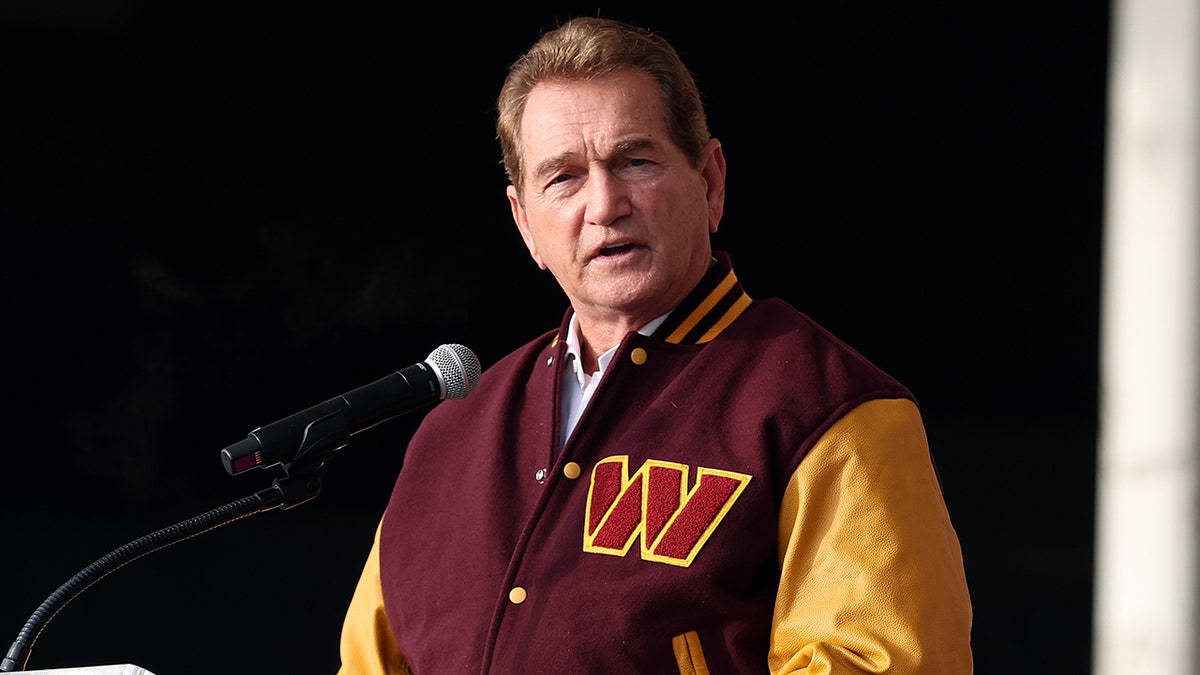NEWYou can now listen to Fox News articles!
Aaron Rodgers answered the last remaining question of the NFL offseason earlier this month when he finally agreed to a one-year contract with the Pittsburgh Steelers.
The reaction was a bit more mixed than supportive. The Steelers have had five different quarterbacks start games for them since Ben Roethlisberger retired after the 2021 season, and Rodgers was not exactly in MVP form when he signed with the New York Jets in 2023.
CLICK HERE FOR MORE SPORTS COVERAGE ON FOXNEWS.COM

Pittsburgh Steelers quarterback Aaron Rodgers throws during practice at NFL football minicam on Thursday, June 12, 2025 in Pittsburgh. (AP Photo/Matt Freed)
While one former general manager claimed Rodgers would be “irrelevant” by Thanksgiving, Super Bowl champion Joe Theismann took a more optimistic approach when he spoke to Fox News Digital as he prepared for the American Century Championship golf tournament next month.
He said Rodgers had the “potential to be successful” because of his ability to throw the ball along with another key factor — he does not have to play GM in addition to quarterback.
“Remember the offenses Aaron has been in up until this year he basically controlled,” Theismann said. “He was familiar with the systems, he had his coordinators, his input into the people he wanted. Now, this is why I think he is going to be successful, now he just gets to play quarterback.
“He doesn’t have to be assistant general manager. He doesn’t have to worry about personnel. The only thing he needs to worry about is being able to run this offense, nothing else. So, from my perspective, I think it takes a burden off him to be honest with you. And instead of trying to make a team better, just be part of a team and do your part to make it better.”
EX-NFL STAR JOE THEISMANN READIES FOR AMERICAN CENTURY, ADMITS HE’S MILES TELLER ‘FANBOY’

Joe Theismann speaks during the announcement of the Washington Football Team’s name change to the Washington Commanders at FedExField on Feb. 2, 2022 in Landover, Maryland. (Rob Carr/Getty Images)
Additionally, the Mike Tomlin-led Steelers have always been well-coached.
“You’re a part of the football team, you know, the way you earn respect is you go out and do your job, and you study hard, and you work hard,” Theismann added. “And, of course, Aaron is saying all the right things right now, and I believe he is going to do the right things.”
Rodgers had 3,897 passing yards, 28 touchdown passes and 11 interceptions in his first season coming off of his Achilles tear.
The Jets suffered some tough losses throughout the year. After starting 2-1, New York fell five straight times. Of those five losses, four of them were within one score.

Pittsburgh Steelers quarterback Aaron Rodgers, #8, throws during practice at NFL football minicamp on Thursday, June 12, 2025 in Pittsburgh. (AP Photo/Matt Freed)
CLICK HERE TO GET THE FOX NEWS APP
Pittsburgh did make the playoffs at 10-7, and it will certainly be interesting to see how they do with Rodgers under center.
Fox News’ Connor McGahan contributed to this report.
Follow Fox News Digital’s sports coverage on X, and subscribe to the Fox News Sports Huddle newsletter.
Ryan Gaydos is a senior editor for Fox News Digital.

Comments are closed.